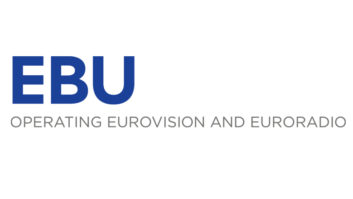European public-service broadcasters are joining in with opposition to proposed changes in European Union rules governing state aid to the sector.
The European Commission’s Directorate General for Competition published a draft revision of the 2001 Broadcasting Communication, which deals with the application of European state-aid rules and public-service broadcasting (PSB).
According to the European Commission, the revised rules would help preserve fair competition for the private sector, as well as take into account the changing media market and new technologies that have arisen since the rules were established in 2001.
“My goal is to help stakeholders in the broadcasting sector to meet the challenges of the new media environment, allowing a high quality and modern public service, while at the same time maintaining a fair level playing field between the different actors,” stated E.C. Competition Commissioner Neelie Kroes in a statement announcing the draft.
Among the revisions to the law included in the draft is a call for assessment “through a transparent and accountable process the needs of society, the value for the public of new services, as well as their impact on the market.” While increased flexibility in funding public-service missions is approved under the draft, there would also be increased checks on funding that helps cross-subsidize commercial activities by PSBs.
The European Broadcasting Union (EBU), which represents PSBs, backed several concerns about the proposed change raised by European governments. In particular, there is a concern that the new rules would make it harder for governments to launch new services to meet changing needs.
“If this extremely detailed version of the Broadcasting Communication were adopted, it could seriously reduce the scope for Member States to grant public-service broadcasters a significant role in the information society,” stated EBU Director General Jean Réveillon.
The EBU argued that the revised draft communication would oblige governments to evaluate the market impact of any new PSB service before allowing a public-service broadcaster to provide it. “This procedure would severely limit Member States’ potential to adapt public broadcasters’ remits in the light of technological developments and in order to better serve the public,” the EBU statement read.
“The EBU strongly supports Member States in their refusal to accept Commission measures such as the Communication which indirectly leads to a de facto European harmonization of PSB regulations,” stated Jean Réveillon.
Supporting the revisions is the Association of Commercial Television in Europe (ACT).
“In order to ensure a clear differentiation between public and commercial broadcasting activities, it will be important to come up with a more detailed definition of the public-service mandate,” stated ACT Director General Ross Biggam.












